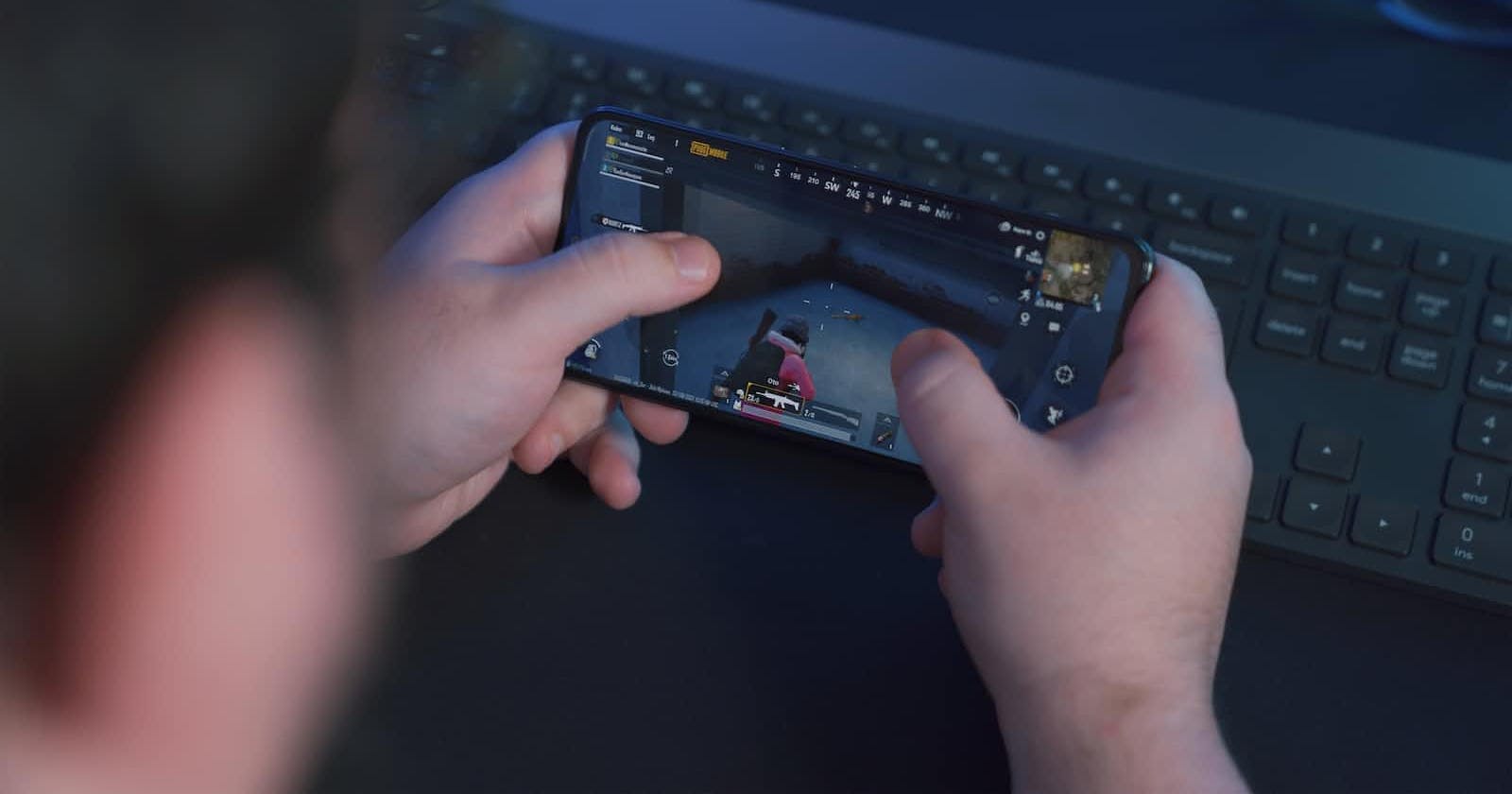Table of contents
No headings in the article.
I have an adolescent daughter that likes playing violent video games. As a parent, this is a very serious situation for us as it threatens her safety and well-being. She has been using these types of violent games to cope with stress and anxiety, but she does need guidance on the topic of whether they are safe or harmful and if they can do real harm. This article will discuss some of the evidence to help parents determine which type of game to get their children involved in - especially during the COVID-19 pandemic. In addition, we will also look at what is being done about gaming disorders in schools. So read on to learn more!
*What Is It About?
When children play video games, many of them use violence to achieve certain goals. But what may seem harmless at first glance, turns out to be destructive over time. The idea behind this is that when players of violent games become desensitized, gamers' aggression levels increase because they're spending hours online playing the same thing repeatedly - even though they know it's dangerous. This means kids won't think twice before jumping into action with guns or bats or knives. They'll always want to take down someone with guns and knives. If a gamer becomes extremely addicted, they will find ways of killing people without hurting themselves physically. And all of this happens while playing that specific game. Video games aren't necessarily meant to be hurtful either. Many adults find them entertaining. When you combine it with other hobbies like sports or arts, they may be beneficial in helping individuals feel better. However, some simply enjoy the thrill of beating up others using deadly weapons. That's why experts suggest parents talk to their children about any games they are playing, especially video games that tend to include violence, and then discuss how to prevent the negative effects. How Much Does Playing Violence Affect Kids? According to National Geographic Kids, "One study found that 60% of adolescents between 10 and 18 years old played some form of a fighting game within the past year." They added, "More than half of those participants reported feeling very guilty and ashamed for engaging in aggressive behaviors." Even though most players don’t intend to cause problems or hurt anyone, others end up getting killed just because of their bad behavior. For example, a 15-year-old student shot himself dead because his family wouldn’t let him play the popular Call of Duty game ( Call of Duty: Modern Warfare ). While violence isn't inherently harmful, when combined with unhealthy competition, it could eventually turn toxic among gamers. Most teens know that excessive competitiveness - with one another, with the school system, or even with social media - can have negative consequences. What Are Some Positive Effects Of Playing Too Little Violence? Well, playing with too little violence can lead to positive outcomes in your child's life. Unfortunately, playing too much violence could also happen, so parents should have conversations when young gamers start to play video games to make sure they’re okay and not cause lasting or permanent damage. Here are some examples of positive impacts of playing less violence: Increased self-esteem Social skills development Improved communication Skills Developmental milestones Learning/memory building Social bonds Emotional growth Fearlessness A better understanding of right and wrong Good sleep Quality of life.
*What Should You Do?
If you notice the signs of a problem such as increased aggressiveness with your kid or the signs of anger in your teenager, then it’s likely a good idea for both to take further measures. Parents should tell their kids about the violent games they play with them and encourage them to stop. Once they've stopped, parents need to keep talking to their kids about how much risk they can take to avoid becoming addicted or worse. There are many different methods of education and support available for dealing with issues like addiction. Treatment options like cognitive behavioral therapy and medication often work best in cases where they're needed most. Parents of older youths who are struggling with mental health issues that stem from video gaming may find counseling recommended to address those issues as well.
*How Parents Can Help Prevent Addiction With Their Children?
Parents sometimes find it difficult to know when their child is suffering from abuse or neglect, but they can prevent it by teaching their teenagers' safe habits. By raising awareness among families, creating rules for safe games, and encouraging kids to have healthy relationships with each other, bullying prevention efforts can greatly reduce the amount of time their kids spend playing video games. These tools are particularly valuable when younger kids are concerned about watching their friends play video games. Whether it's a group text message or sending your teen to class to teach them about proper usage, it's a win-win situation. Having fun doesn't mean letting go of control.
*How Teachers Can Support Families?
Educators and therapists can help parents with their concerns to improve their communication about a child's issues. Using appropriate techniques and strategies, teachers can encourage kids to share details of their physical and emotional struggles with peers instead of hiding things from them. Teachers also have a unique opportunity to provide additional tools to make it easier for students to open up and express emotions. Ultimately, through these discussions, kids can feel less alone and more comfortable speaking openly about their emotions, thoughts, and feelings with their parents. Overall, this creates a sense of trust and openness in parents allowing them to build stronger connections with their children.

